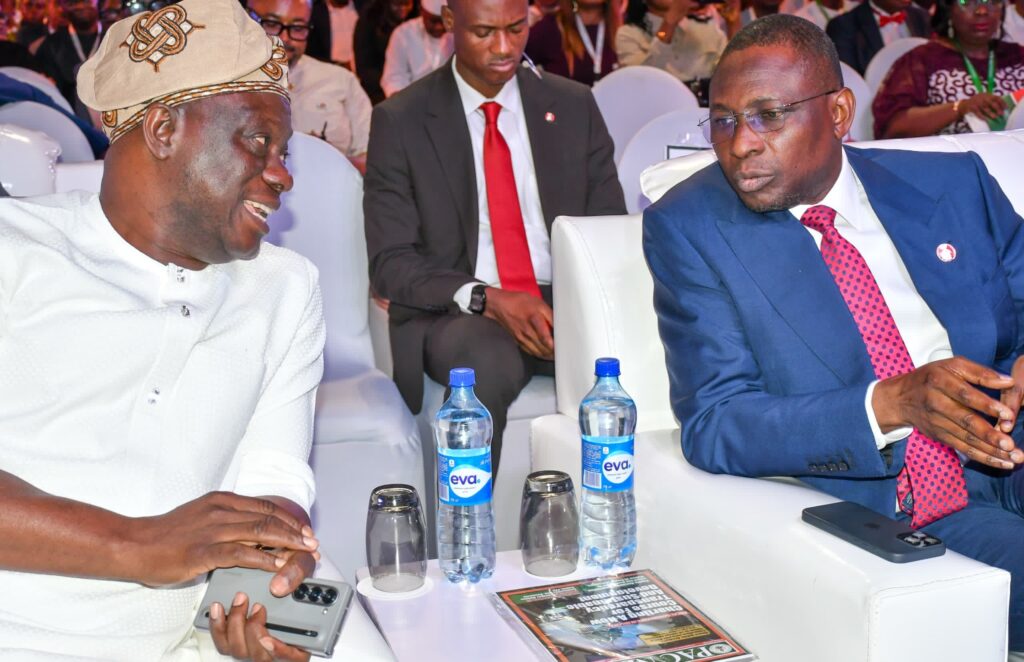The Director General, Bureau of Public Procurement (BPP), Adebowale Adedokun has said uncoordinated and underfunded capital projects have become a conduit for corruption and fiscal irresponsibility.
Speaking at the National Conference on Public Accounts and Fiscal Governance organised by the Public Accounts Committees of the Senate and House of Representatives, Adedokun decried persistent violations in Nigeria’s budget and project implementation process,
He stressed the urgent need to overhaul Nigeria’s project funding model and enforce accountability through judicial sanctions.
He also advised that projects should not be allowed to commence without adequate funding.
Describing the practice of allocating paltry sums to multi-billion-naira projects as a deliberate invitation for budget variations and corruption, he said “There are projects worth ₦10 billion or ₦5 billion, but what I see is that only ₦300 million is allocated.
“Already, it tells me that I’ll be asked for appropriation again, or to incur variation. That is wasteful and unacceptable.”
He noted that some federal projects have remained ongoing since the year 2000, yet continue to receive annual budget allocations without empirical evidence of progress.
The procurement chief condemned the widespread disregard for global public finance standards, particularly the requirement that capital projects must have full funding from start to finish before they commence.
“In global standards, a project must already have funding from start to finish before execution. But here, people just award contracts without funds, and that’s a clear violation of the procurement act,” he lamented.
He revealed that in recent months, the Bureau has discovered that some contracts were awarded and executed without any financial backing, a practice he described as “contrary to law” and “endangering the 2024 budget cycle.”
He urged all fiscal oversight bodies, including the EFCC, Fiscal Responsibility Commission, and Independent Corrupt Practices and Other Related Offences Commission (ICPC), to begin their monitoring efforts from the very start of the budget cycle, not midway or after funds have been disbursed.
“If we are serious about stopping waste and corruption, we must start monitoring at the beginning of the budget cycle. Not after projects have failed or funds have been misused,” he said.
He also criticised the failure of the judicial system to convict public officials who have been found guilty of procurement infractions, despite overwhelming evidence submitted by oversight agencies.
“In the last seven months, the Bureau has recorded close to 500 infractions. Many of these require prosecution and judicial pronouncements, but when does the judiciary give any conviction?” he queried.
He warned that the absence of punitive consequences emboldens offenders and undermines the work of regulatory agencies.
“People continue to do the wrong things because they know they won’t be punished,” he said.
He emphasized that Nigeria has historically failed to sanction public officers for procurement misconduct or budgetary recklessness.
“We’ve never sanctioned people for bad behavior. That has to change,” he said.
He called on lawmakers and government institutions to embed the principles of prudence and discipline in all budget and procurement processes, urging for institutional reforms and alignment with international standards.
He proposed that ministries, departments, and agencies (MDAs) be required to present empirical evidence of what was achieved with previous budgets before being allowed to receive new appropriations.
“Let them show us, empirically, what they did with the last project before we approve another,” he said.
He added that the practice of inserting underfunded projects into the budget, a trend that leads to endless “ongoing” projects, must be discontinued to promote transparency, fiscal discipline, and delivery of public goods.















